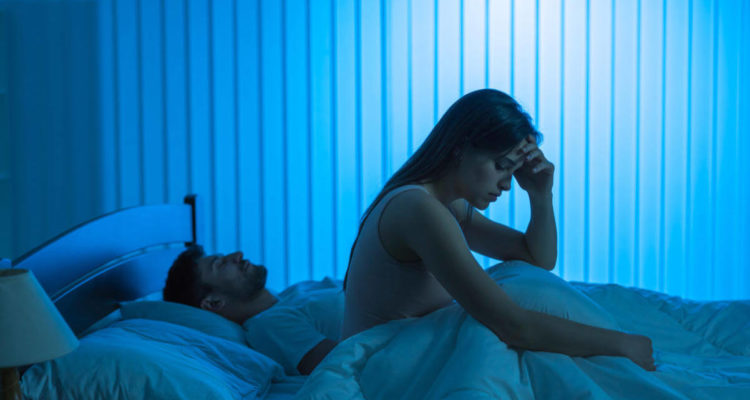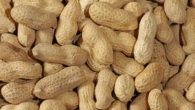
Night sweats and insomnia — the doctor explained when it's serious
0
Sweating during sleep is a common occurrence and occurs mainly for two reasons. Firstly, it is the environment, and secondly, health problems. Sleep expert Andrea Strand of Eachnight explains why you sweat while you sleep and how to prevent and treat it.
The Mayo Clinic lists many factors that can contribute to unwanted night sweats:
- < li>Hormonal disorders
- Sleep apnea
- Concerns
- Viral infections
- Lifestyle factors
Regarding the optimal temperature, Andrea explains:
“To improve sleeping conditions, the ideal temperature to turn on the thermostat is between 15 and 20 degrees Celsius. Additionally, adding a cooling mattress pad or switching to lighter and more breathable bedding made from moisture-wicking material can significantly cool your bed. If you're not cool enough, you can always put a cool pack under your pillow to lower your body temperature and stop sweating.
When it comes to certain lifestyle changes to help you sleep better, Andrea adds:
“Avoid large meals at least two to three hours before bedtime. This means that your digestive system will not be working after you fall asleep, allowing your body to rest more. Avoiding spicy foods and caffeine at night can also be a great way to get rid of night sweats. Caffeine is a stimulant and can increase your heart rate, which leads to an increase in blood pressure, which can activate sweat glands.
If night sweats get to the point where you start to feel tired during the day due to sleep loss due to sweating, it's time time to see a doctor. If you sweat continuously for two or more weeks without any signs of improvement, you should also consider seeking professional help. Periodic bouts of insomnia are cause for concern.









Leave a Reply